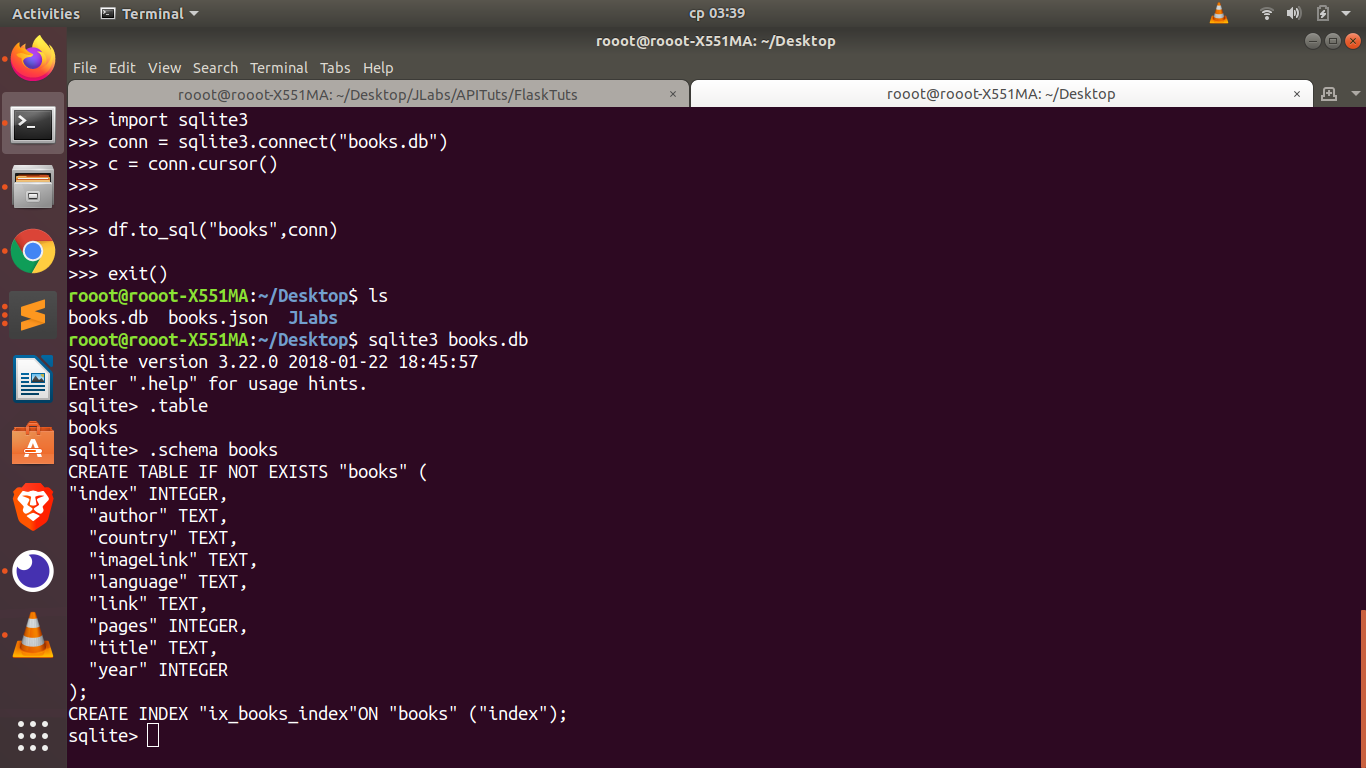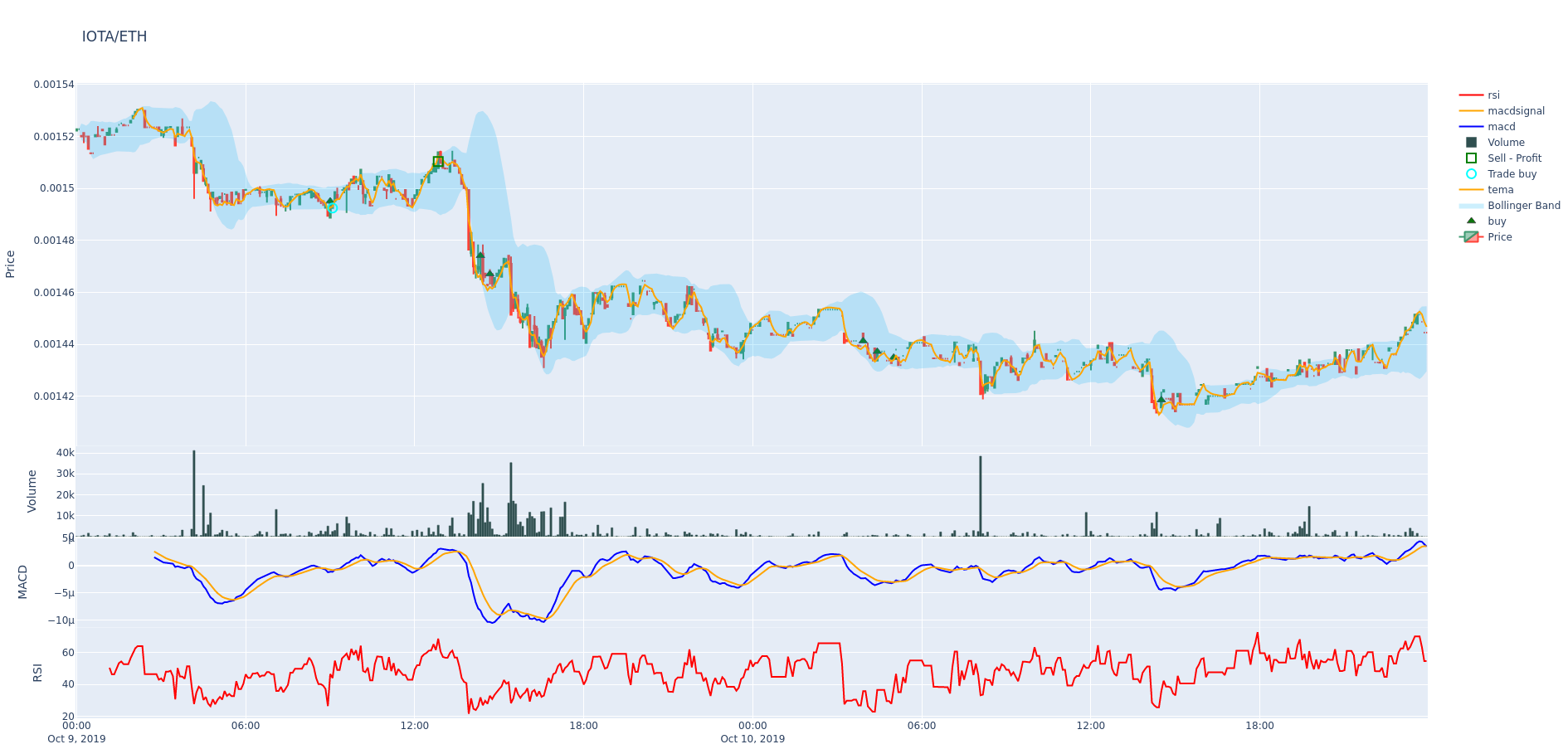
If you are used to json_extract, it is worth noting that it differs slightly from -> and -> in that it combines their effects together. This is how you can select all rows in a table with a simple JSON record stored in json_col: select * from test_table where json_col->'$.json_key' = 'some_value' The difference between the two operators is -> returns a JSON value type, while -> returns the SQL datatype extracted from a JSON value, such as text, integer, and so on.įor example, '' -> '$.c.f'

Both operators select a subcomponent of the JSON operand to their left based on the JSON path expression to their right, e.g. SQLite 3.38.0 introduces new -> and -> operators to allow developers to define queries over JSON data. 1 root root 0 May 8 02:06 test.SQLite 3.38.0 is the latest release of SQLite, bringing improved syntax for JSON queries, a new diagnostic interface, CLI enhancements, and more. This will create a database file test.db in your directory and you will have the following result.

Here, we are linking our program with sqlite3 library to provide required functions to C program.
#Sqlite json code#
If you are going to use C++ source code, then you can compile your code as follows − You can change your path as per your requirement. Now, let's compile and run the above program to create our database test.db in the current directory. If the database does not exist, then it will be created and finally a database object will be returned.įprintf(stderr, "Can't open database: %s\n", sqlite3_errmsg(db)) įprintf(stderr, "Opened database successfully\n")
#Sqlite json how to#
If any queries remain that have not been finalized, sqlite3_close() will return SQLITE_BUSY with the error message Unable to close due to unfinalized statements.įollowing C code segment shows how to connect to an existing database. All prepared statements associated with the connection should be finalized prior to closing the connection. This routine closes a database connection previously opened by a call to sqlite3_open(). SQLite3_exec() routine parses and executes every command given in the sql argument until it reaches the end of the string or encounters an error. Here, the first argument sqlite3 is an open database object, sqlite_callback is a call back for which data is the 1st argument and errmsg will be returned to capture any error raised by the routine. This routine provides a quick, easy way to execute SQL commands provided by sql argument which can consist of more than one SQL command. Sqlite3_exec(sqlite3*, const char *sql, sqlite_callback, void *data, char **errmsg) If no file by that name exists, sqlite3_open() will open a new database file by that name. If the filename is not NULL, sqlite3_open() attempts to open the database file by using its value. If the filename argument is NULL or ':memory:', sqlite3_open() will create an in-memory database in RAM that lasts only for the duration of the session. This routine opens a connection to an SQLite database file and returns a database connection object to be used by other SQLite routines. Sqlite3_open(const char *filename, sqlite3 **ppDb) If you are looking for a more sophisticated application, then you can look into SQLite official documentation. C/C++ Interface APIsįollowing are important C/C++ SQLite interface routines, which can suffice your requirement to work with SQLite database from your C/C++ program.


You can check SQLite Installation chapter to understand the installation process. Installationīefore you start using SQLite in our C/C++ programs, you need to make sure that you have SQLite library set up on the machine. In this chapter, you will learn how to use SQLite in C/C++ programs.


 0 kommentar(er)
0 kommentar(er)
